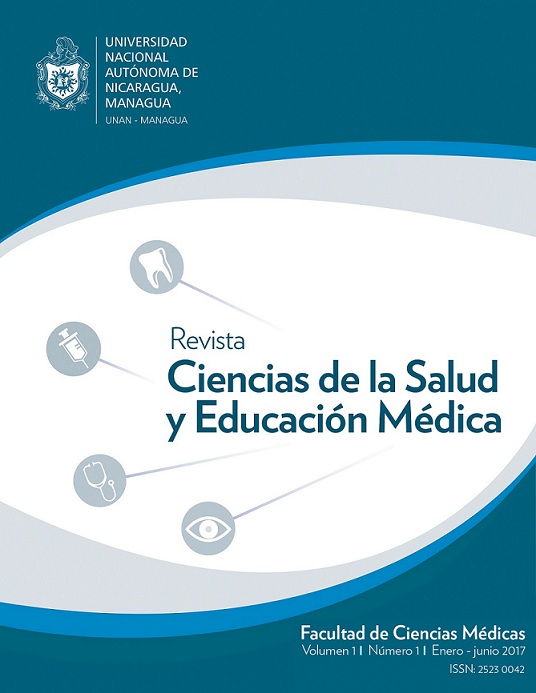Antiphospholipid Syndrome Debuts with Ischemic Stroke of the Left Middle Cerebral Artery
Abstract
Antiphospholipid Syndrome (AFS) is a thrombophilic disorder classified as a multisystemic autoimmune disease in which persistent autoantibodies are produced, which can be Lupus Anticoagulants or Anticardiolipins, against a variety of phospholipids. AFS affects women to a greater extent (80%) and frequently appears between 20 and 40 years. It’s classified into primary (with no apparent cause) or secondary AFS (associated with some autoimmune pathology such as systemic lupus erythematosus or rheumatoid arthritis). The case report is a 33-year-old male patient, who is admitted to "Dr. Alejandro Dávila Bolaños” Teaching Military Hospital "after presenting fainting episode associated with previous dizziness, behavioral alterations, right hemiplegia and alalia. Subsequent to his admission, imaging exams and corresponding laboratory studies were performed, which allowed the diagnosis of Ischemic Stroke of the left middle cerebral artery caused by primary antiphospholipid syndrome. The objective of the study is to demonstrate the clinical presentation and laboratory diagnosis of a relatively low frequency disease; the prevalence for primary AFS is 0.5-1% (40 cases / 100.000 inhabitants) and its incidence is 5 new cases / 100.000 inhabitants / year).
Key words: antiphospholipid syndrome, ischemic stroke, thrombosis

